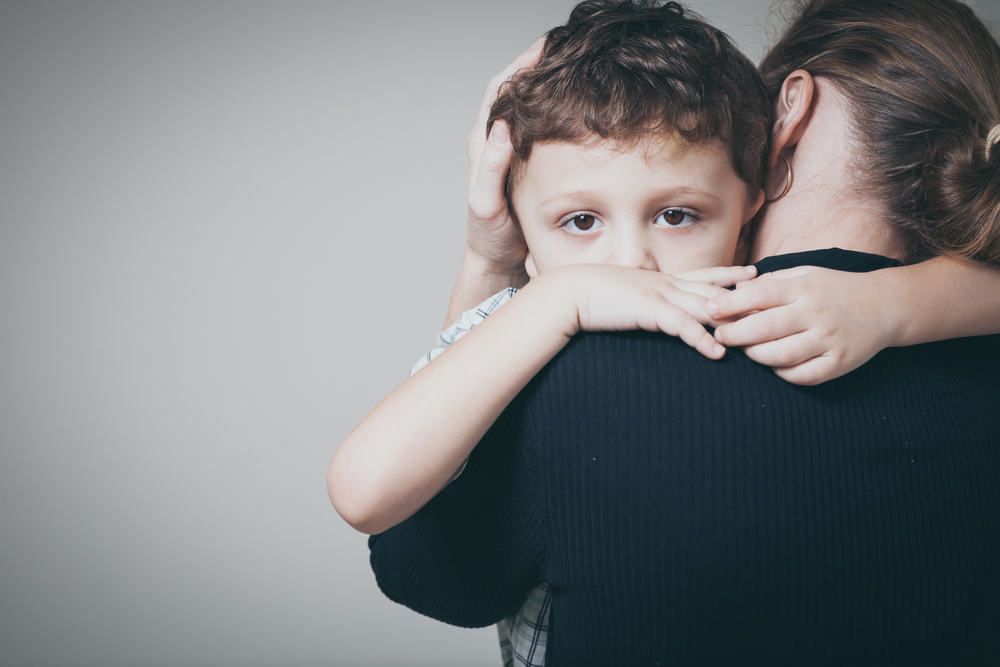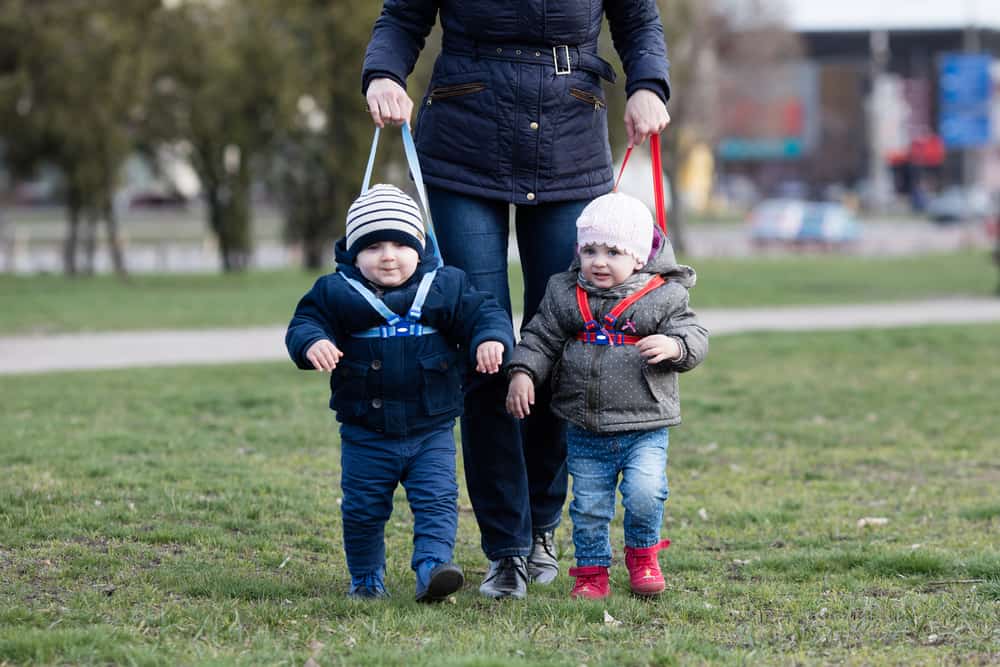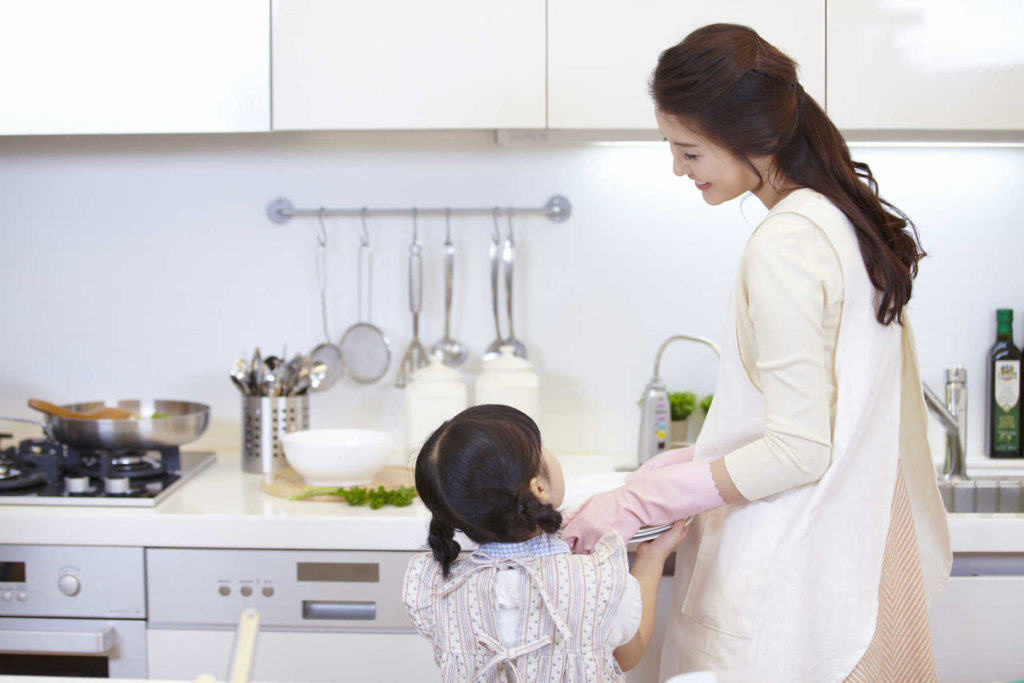Contents:
- Medical Video: TRACO 2018 - Non-small cell lung cancer and Genomics
- How can cancer recur?
- Overcome your emotions when the cancer returns
- Overcome your child's emotions
Medical Video: TRACO 2018 - Non-small cell lung cancer and Genomics
No matter how much your efforts to overcome lung cancer, there is a possibility of lung cancer returning. You and your child may go through the same treatment again, but this time the feeling that feels may be different.
How can cancer recur?
The first question that arises is "How can this disease arise again?" There are 2 reasons why lung cancer can come back:
- At the time of surgery, perhaps a small group of lung cancer cells that were not detected were left behind. Over time, these cancer cells develop into lung cancer.
- Radiation is a local treatment that can overcome areas near the main tumor. Sometimes cancer cells pass through the bloodstream and affect other parts of the body.
Relapse does not only occur in the lungs, but can affect lymph nodes and other body parts such as bones, brain or liver.Your child may experience the same symptoms and treatment as the first cancer, depending on the location of the recurrence.
Overcome your emotions when the cancer returns
Recurrent cancers are more difficult to pass than when your child first developed lung cancer. You may experience emotions such as anger, suffering, guilt and even blame. The American Cancer Society says that it's natural to blame doctors for letting this happen again. You might blame the doctor for not following the child's development correctly, or maybe you blame yourself for not listening to what the doctor has said. Whatever you feel, you need to discuss it with your doctor to clarify your concerns.
It is impossible for doctors to guarantee that cancer will not occur in your child, that the first cancer will return or a new cancer will appear. Now you need to receive all treatment again. If you feel uncomfortable with the doctor first, you can look for a new medical team. Working with a new team can help you have a new start.
Overcome your child's emotions
Your child may have the same feelings as you. Fortunately, children adapt faster than adults and your child may feel better after a few months. You and your child have experienced adapting to situations, building good relationships with each other and with doctors, and establishing care routines that work for everyone. You and your child will learn to accept this reality, and your support can make a big difference.
You can ask your child what they think. Maybe your child doesn't want to tell anyone about this diagnosis, or maybe they want different treatments. It is important for you to remember that they are undergoing treatment, so they want to express opinions about the care they want. However, your opinion is equally important, and you need to explain your thoughts and feelings honestly.
Avoid big changes in the near future. Give yourself and your child time to adjust to this situation, so that you are in a better position to know what you need and want to do.












